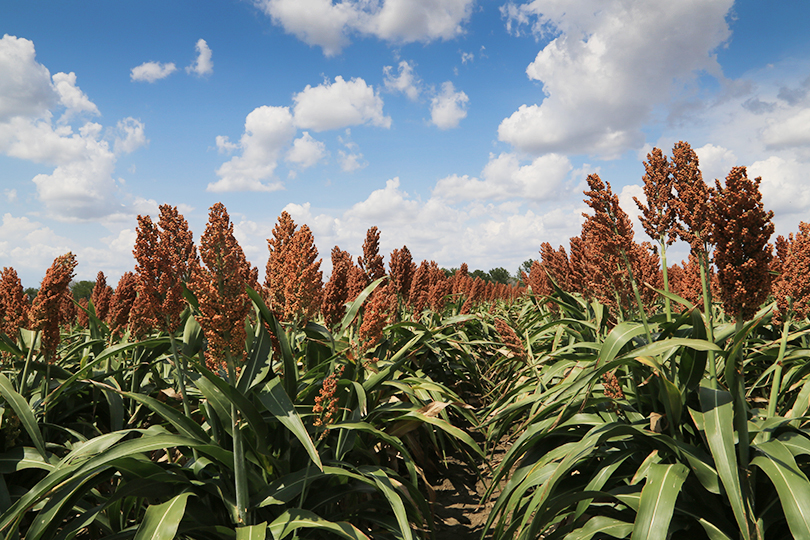By Jennifer Whitlock
Field Editor
This week, the U.S. Department of Agriculture (USDA) unveiled more details on its Partnership for Climate-Smart Commodities.
Through the program, U.S. Secretary of Agriculture Tom Vilsack said the agency will fund pilot projects that create market opportunities for agricultural and forestry products using “climate-smart practices,” including ways to measure and verify greenhouse gas reduction benefits.
The agency noted climate-smart commodities are defined as agricultural commodities produced using agricultural practices that reduce greenhouse gas emissions or sequester carbon.
“America’s farmers, ranchers and forest owners are leading the way in implementing climate-smart solutions across their operations,” Vilsack said. “Through Partnerships for Climate-Smart Commodities, USDA will provide targeted funding to meet national and global demand and expand market opportunities for climate-smart commodities to increase the competitive advantage of American producers. We want a broad array of agriculture and forestry to see themselves in this effort, including small and historically underserved producers, as well as early adopters.”
USDA has committed to distributing $1 billion in funds from the Commodity Credit Corporation through this new project.
A range of public and private entities are encouraged to apply, including local and state governments, Native American tribal governments and organizations, nonprofit organizations, private and public colleges and universities and small businesses. USDA also specified “for-profit organizations other than small businesses” in a list of entities that may apply.
There will be two funding pools with separate application deadlines. Proposals from $5 million to $100 million must be submitted by April 8, and proposals from $250,000 to under $5 million should be submitted by May 27.
The second funding pool offers opportunities to smaller farm operations and underserved populations, according to Vilsack. USDA’s Partnerships for Climate-Smart Commodities website states farmers, ranchers and forest owners cannot apply for the program directly but could receive incentives by way of partner group projects.
Agricultural operations of all sizes and growing any type of commodity are eligible, Vilsack said during a speech at Lincoln University announcing the program.
Farm income has dropped in recent years but implementing climate-smart practices may boost farm share of the food dollar, he theorized.
Many in Congress and agricultural groups, including American Farm Bureau Federation, , are in support of the climate-smart initiative.
“Farm Bureau commends efforts by USDA to address the challenges farmers and ranchers are facing in their attempts to adopt new and emerging climate-smart practices, as well as participate in developing climate marketing channels,” AFBF President Zippy Duvall said. “Voluntary, incentive-based pilot projects are a great first step to identify barriers and ensure farmers and ranchers of all sizes can participate no matter where they are located or what they produce. We look forward to working with the administration, Congress and our members to develop bipartisan solutions that provide adequate CCC funding while also ensuring the longevity of programs that build on our longstanding commitment to sustainability.”
More information on the new USDA program, including how to apply, is available here.

